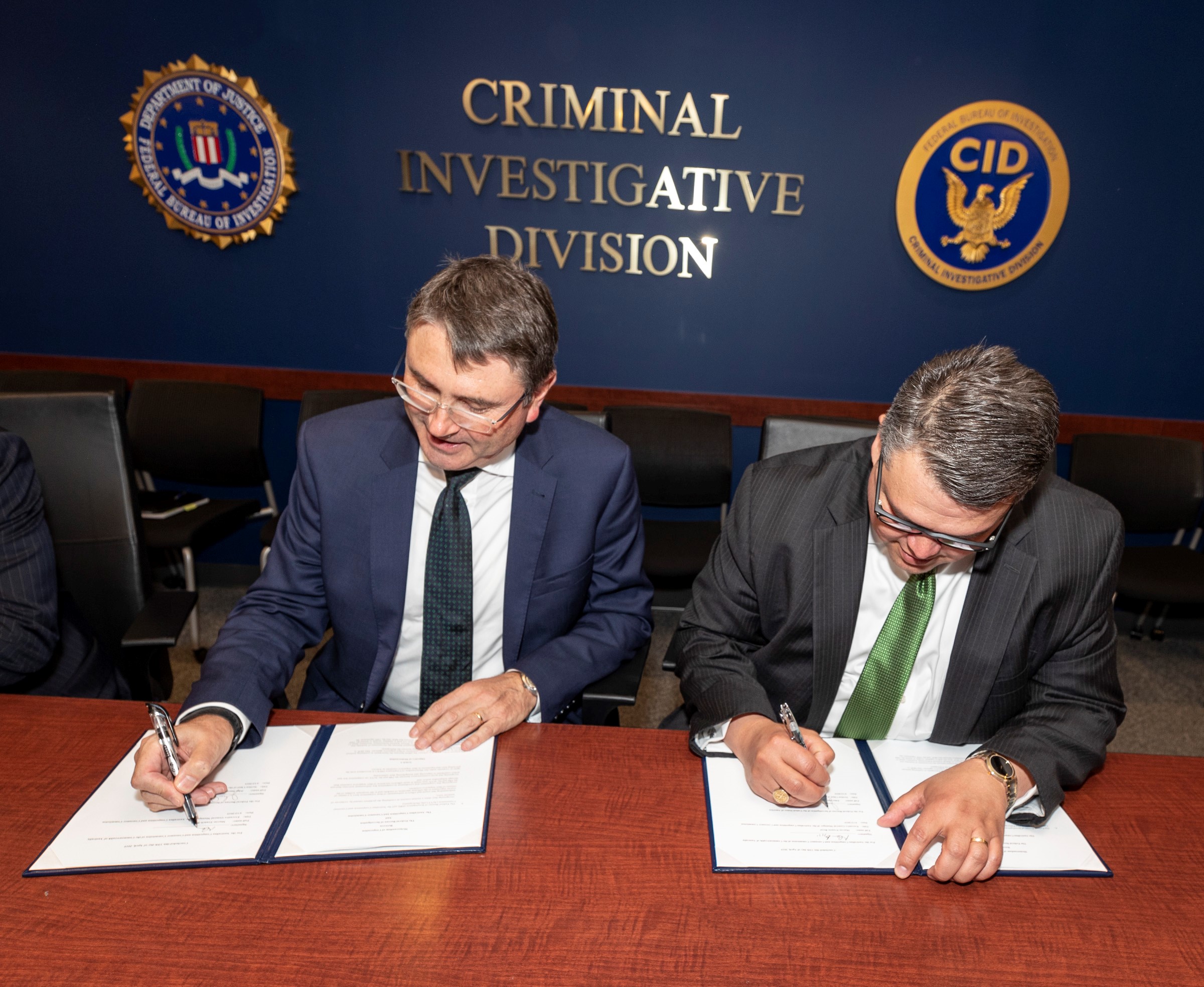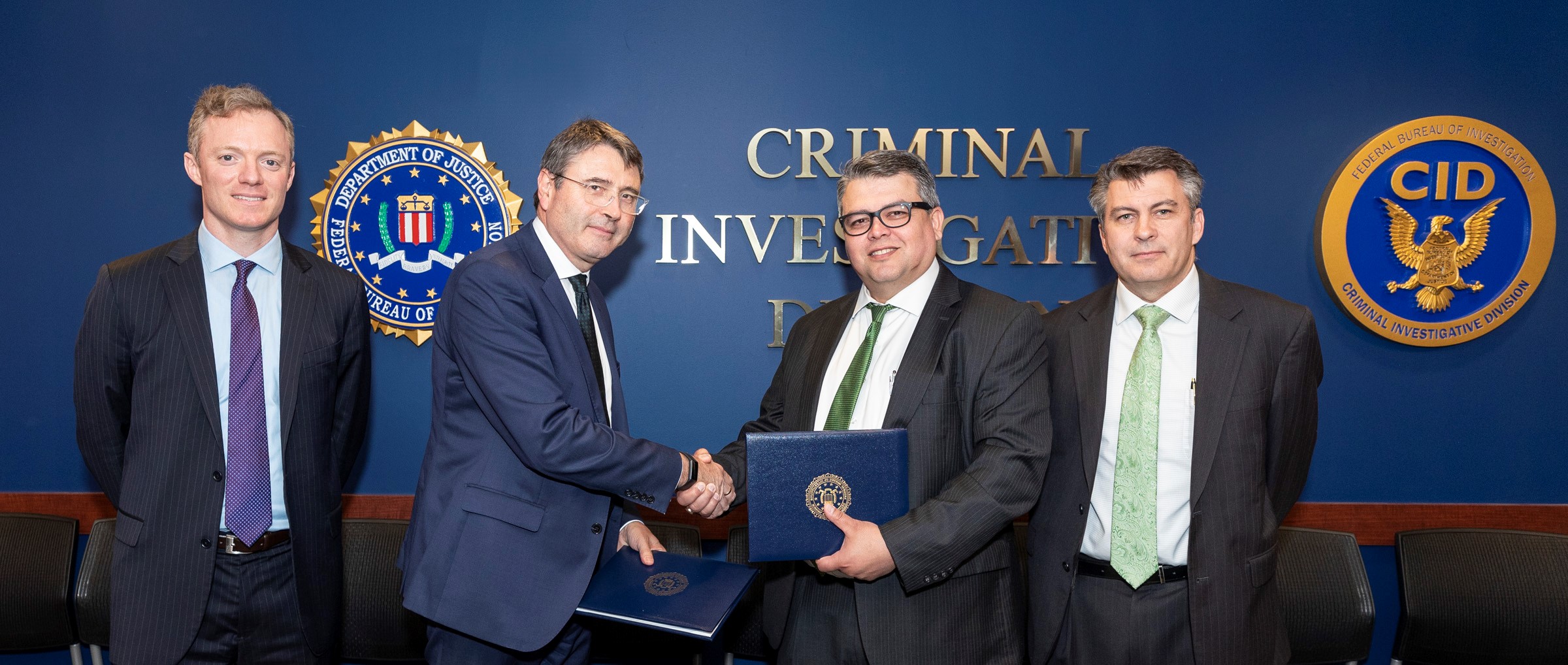The Morrison Government will invest $11.4 million to expand and redevelop the Whyalla Hospital & Health Services accident and emergency department.
Funding from the Government’s Community Health and Hospitals Program (CHHP) will help reduce operational pressures and enable the hospital to meet the growing demand in the region.
Minister for Health, Greg Hunt said the Government is committed to improving health services throughout Australia and building a world class health system.
“Australians living in rural areas face unique challenges brought on by distance,” Minister Hunt said.
“From our investment, regional communities will have improved access to essential health care services closer to home.”
The high dependency ward at Whyalla Hospital will also be relocated closer to the accident and emergency area, improving safety and ensuring nursing and medical staff can be utilised effectively across both areas according to clinical need and patient demand.
Federal Member for Grey, Rowan Ramsey said the new facility will mean more emergency treatment spaces and an improved patient experience.
“The Government’s investment will enable the relocation of the high dependency unit which will deliver significant efficiencies with in the hospital,” Mr Ramsey said.
“This is particularly important in growing areas such as Whyalla.”
“Through locally targeted funding support, we can ensure SA is better equipped to tackle key health challenges of concern to people in Whyalla,” Mr Ramsey said.
Joining Mr Ramsey in Whyalla for the announcement, South Australian Minister for Health and Wellbeing Stephen Wade said the investment comes at a critical time – ahead of an expected boom in Whyalla’s population.
“As Whyalla embarks on an ambitious upgrade to its steelworks and local infrastructure thanks to billionaire Sanjeev Gupta, it’s clear the Whyalla Hospital & Health Services needs expanded and contemporary facilities to meet the needs of the growing population.
“Over the past eight years, emergency presentations have increased by 15 per cent, and presentations per capita have increased by 21 per cent.
“Compared to industry benchmarks, the number of treatment spaces is around a third below the number needed for the current demand.
“It’s clear that an upgrade of the emergency department is desperately overdue so I’m extremely grateful to the Morrison Government for this much-needed investment.
Established in 2018, the Liberal National Government’s $1.25 billion Community Health and Hospitals Fund supports:
- Specialist hospital services such as cancer treatment, rural health and hospital infrastructure
- Drug and alcohol treatment
- Preventive, primary and chronic disease management
- Mental health
The Government’s strong economic management ensures the continued record investment into vital health initiatives including mental health, life-saving medicines, Medicare and hospitals.




